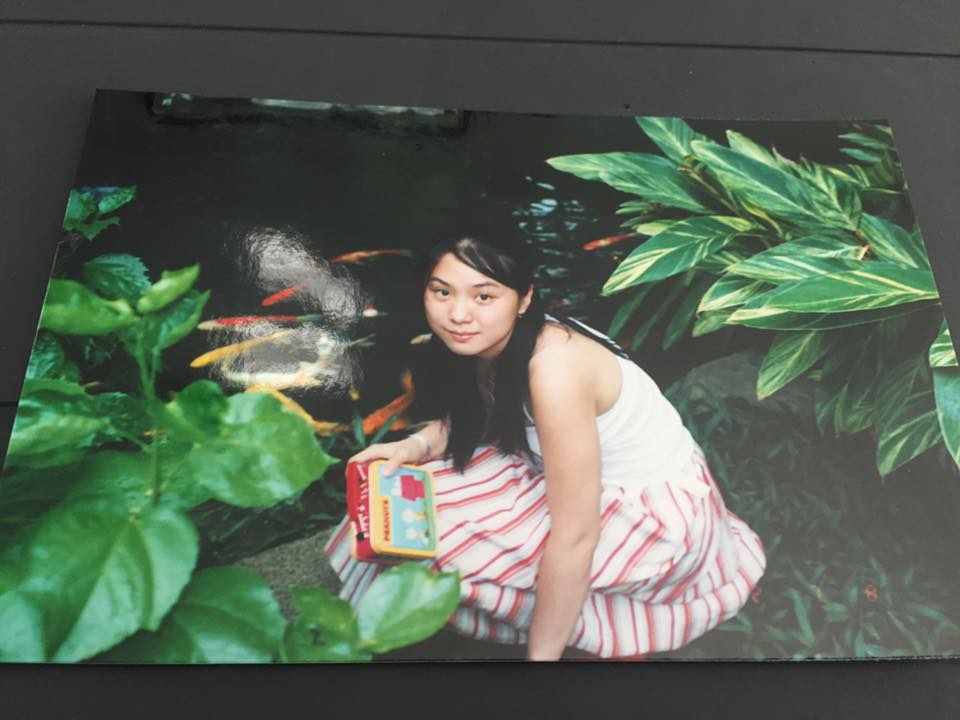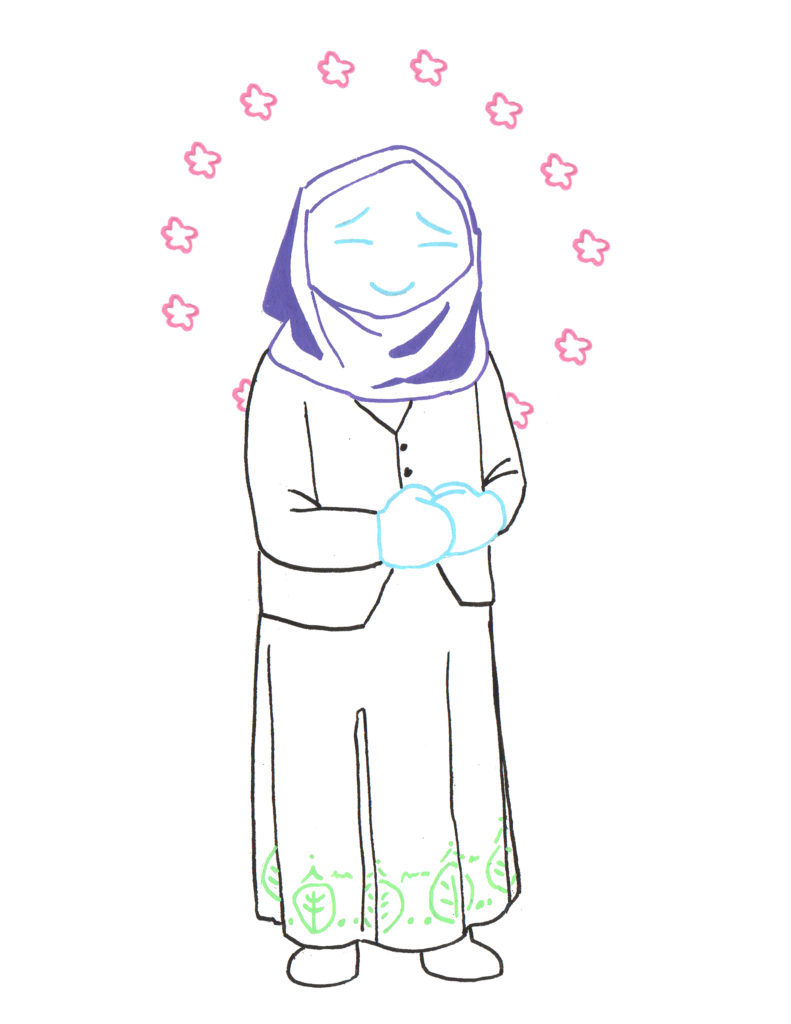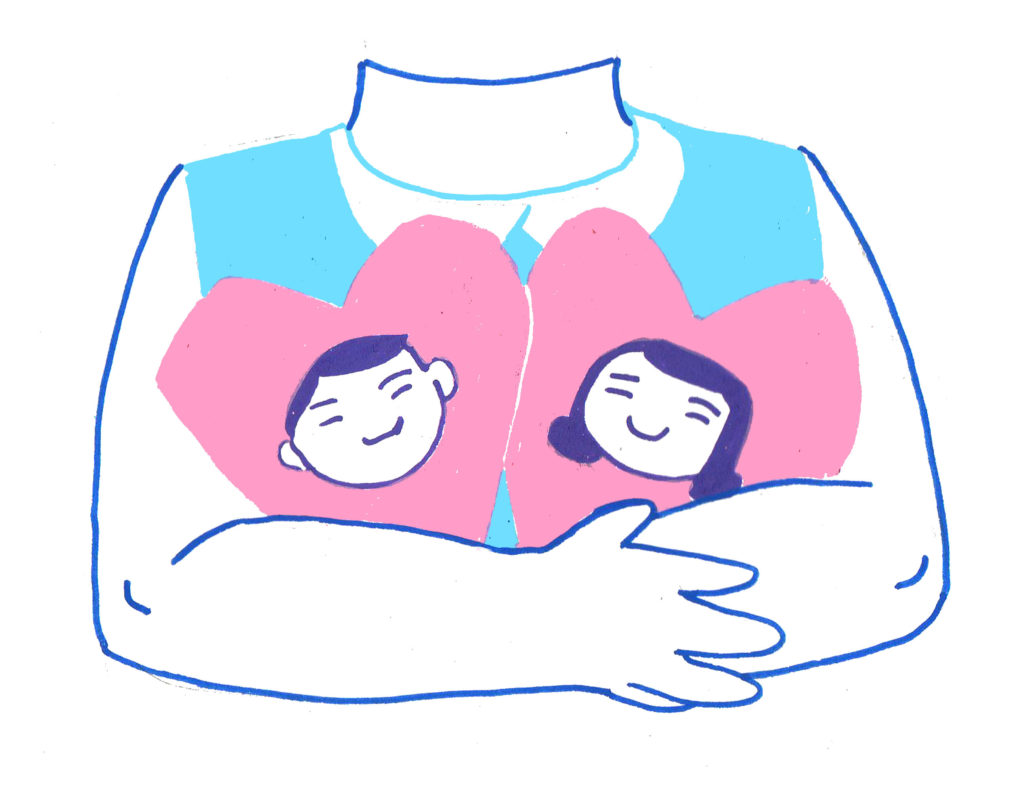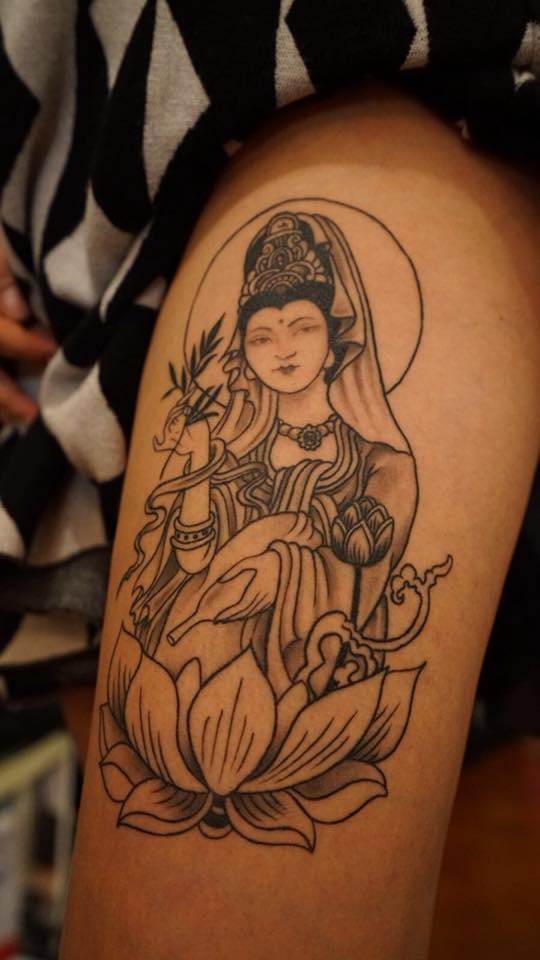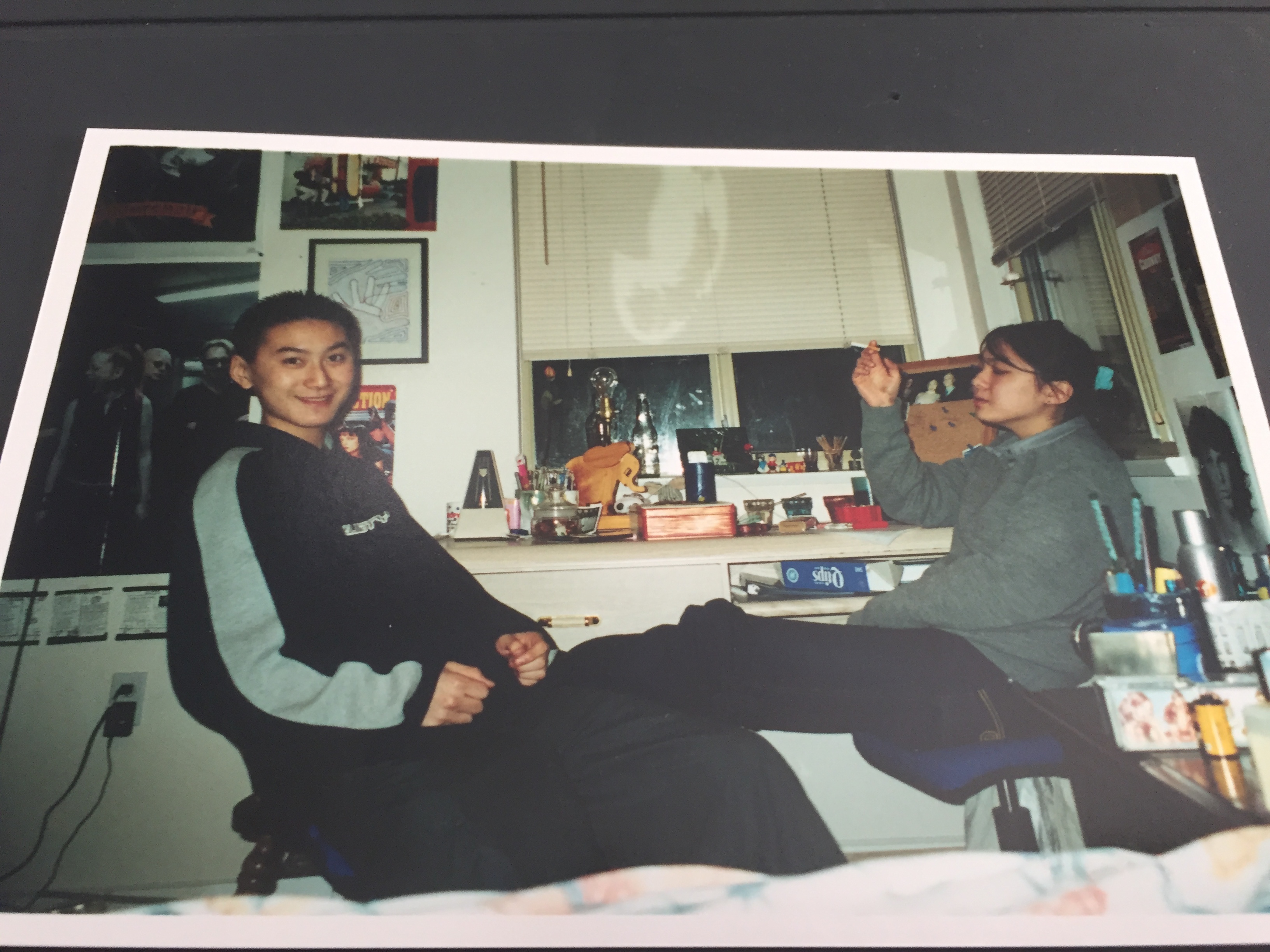Hello readers. This post is a part of a series, Lessons on Love. Please read Part I if you haven’t done so already.
Over the next few months, Mama slowly regained her composure. She started to cook again. She stopped threatening herself with knives and pills. But she was sad. Baba was still traveling constantly for work. As a teenager, I didn’t know if Mama and Baba were communicating and working on their marriage. When I was a senior in high school, Baba quit his job as a tour guide and settled in Taipei permanently when he got a job as the general manager of a hair transplant clinic. Mama started to visit him regularly, leaving a few weeks at a time. Over time, she began to extend her visit. I remember her not being there at all during the first semester of senior year in high school because I skipped my first class every day during that time.
“Hello, your son or daughter is absent today…” The monotone automatic message from my high school would start when my answering machine picked up. I would open my eyes momentarily, turn over and go back to sleep.
At an impressionable age, I learned that my parents weren’t gods—they are humans with flaws. Watching my mother’s meltdown caused by my father’s infidelity, I discovered the dire consequences of being emotionally dependent on a man. I told myself back then that I would never want to be in her position. I would never allow my love for a man to turn into ammunition that he could use to maim me. Through Mama, I also learned how vital it is for a woman to be financially independent. With no economic means, she couldn’t have left Baba even if she wanted to. She was the old-school, conventional Asian housewife; she had never worked a day outside of her home.
During this time, I felt overwhelmed, not knowing how to process my emotions. On the one hand, I was angry. How could Baba betray Mama when she dedicated her whole life to us? At the same time, I was a Daddy’s Girl, and I love my father. He was indulgent, showering me with his affection and bringing me trinkets from his trips. When I needed help with my chemistry homework, he was attentive and patient. He was also a fun-loving father who took me and my younger brother Davis snowboarding on the weekends. I knew he loved us, but his affair broke Mama’s heart and spirit.

I developed unhealthy relationship patterns around this time—I worried about men cheating on me or leaving me, but I also desperately dreaded being alone. My strategy was to become infatuated with a person and charm him with attention—the goal was to have him fall hopelessly in love with me, so he wouldn’t cheat or leave. At the same time, because I never wanted to be dependent on a man for my financial well-being, I moved around for my education and career. I never stuck around for anybody.
On the surface, I seemed accomplished and strong, but underneath, I was insecure and lonely. The tough girl who skipped school and smoked in the food court at the mall was just a façade. Since having my first boyfriend at seventeen, I had not been single for more than a few months at a time. Like a rabbit chased by an unknown assailant, I dashed from one man to the next, looking for someone to validate me, to calm the nagging, neurotic voice inside my head: I would never find a man who’d love me because I was always “too” something. I was too fat. I was too emotional but also too ambitious. I was too wild, too free a spirit. I talked too fast, thought too much, and had too many feelings. I’m too strong-willed, too needy. Over and over again, this voice whispered to me throughout my relationships. With every failed relationship, it confirmed that I was unlovable.
When I completed my first year of studies at university, Mama sat me down at the kitchen table. At this time, I was getting high regularly and was barely passing my classes. However, Mama didn’t know this. She asked me if she should go back to Taiwan for good. This conversation was probably the first time we had a heart-to-heart as two women. Mama was sitting at the kitchen table, while I perched on the stool next to her. She looked thoughtful and a bit pained—she had to choose between her husband and children. What woman had to make a choice like that? Having taken a women’s studies class that year, I felt empowered and believed that women should do whatever is best for her future. I told her just that.
“When I am old, you and Davis will have your own families, and I will only have your Baba,” she said slowly, after considering what I had told what I know about feminism. “Also, I need to go keep an eye on him to make sure that you and Davis don’t find out that you have half-siblings.”
When Mama moved back to Taipei for good, Davis was still in high school, and I was barely 19-years-old.
In the next post, I reflect on how the stories of my parents and grandparents, and how they affected my relationships.




